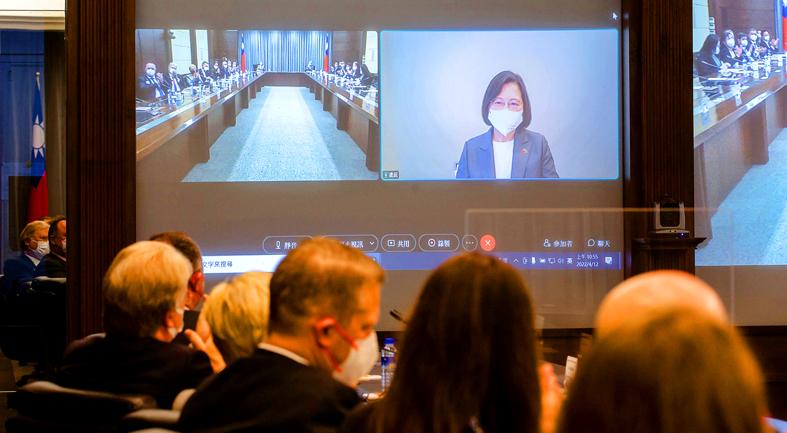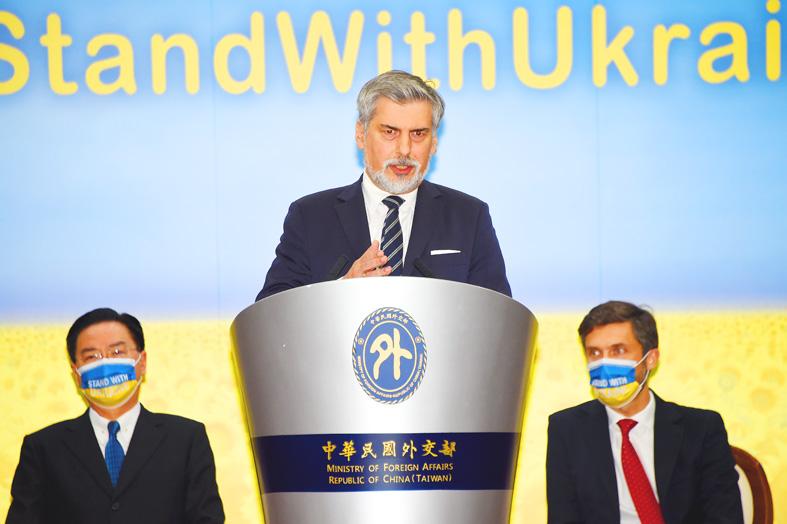Taiwan’s democracy is an example for the “1 billion people on the other side of the Strait,” and it is important for democracies worldwide to unite and help Taiwan defend its values, the head of a visiting Swedish parliamentary delegation said yesterday.
News
|
|||
|
More Articles...
|
|||
|
|
|||
| Page 156 of 1495 |
Newsflash
Former Taiwan Solidarity Union legislator Hsu Chung-hsin (許忠信) said he has concerns over the intentions of Chinese who go missing after entering Taiwan on the pretext of traveling or undergoing medical procedures, saying they could be on intelligence-gathering missions. According to statistics compiled by the National Immigration Agency (NIA), there are 146 Chinese who are unaccounted for, entering Taiwan for tourism or to undergo medical procedures. |














